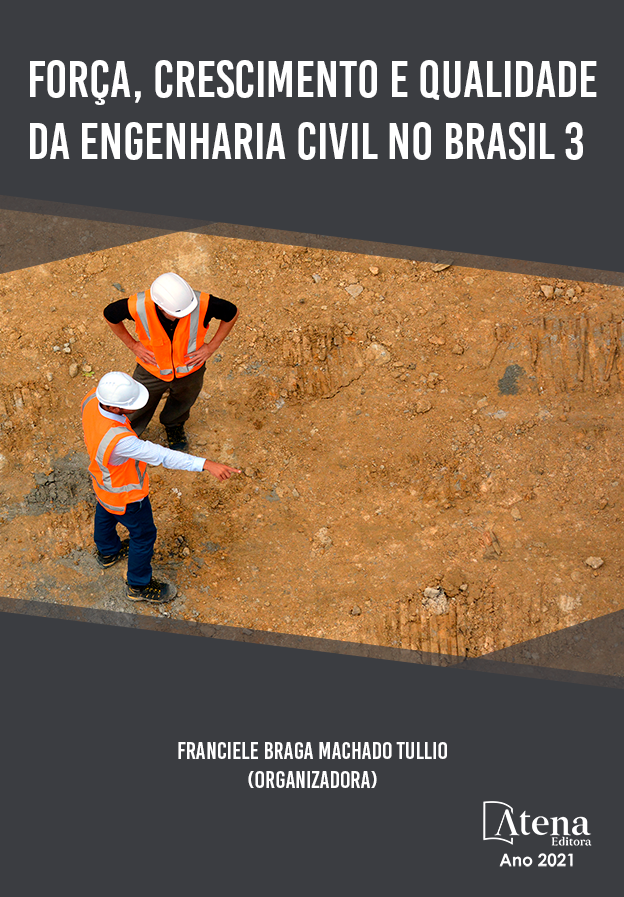
ESTUDO DA VIABILIDADE DA SUBSTITUIÇÃO DE AGLOMERANTE POR RESÍDUOS VÍTREOS NA PRODUÇÃO DE PAVIMENTO INTERTRAVADO DE CONCRETO
Em vista dos problemas ambientais gerados pela disposição errônea dos resíduos vítreos não reciclados no país e visando maior valor agregado ao material, nota-se a necessidade do estudo de aplicações que absorvam o vidro na construção civil. Este trabalho avalia a viabilidade da implementação do pó de vidro em substituição ao material mais oneroso na produção de blocos intertravados de concreto: o cimento. Para tanto, moldaram-se corpos de prova com substituição de pó de vidro, em massa, na proporção de 5%, 10%, 20% e 40%, e avaliaram-se quanto a inspeção visual, resistência à compressão e absorção de água; testes amparados pela NBR 9781:2013. Os resultados para a análise de inspeção visual foram satisfatórios, visto a granulometria apresentada pelo pó de vidro. Além disso, houve ganhos na resistência a compressão das três primeiras amostragens, sendo a última inviável para uso devido a fácil degradação. Por fim, enfatiza-se a otimização do custo do paver e o impacto nos âmbitos social e ambiental, visto que a proposta conta com a remediação de um passivo ambiental enfrentado por grande parte dos municípios brasileiros e que a iniciativa pode ser reaplicada em qualquer localidade revertendo o resíduo em benefícios para a sociedade.
ESTUDO DA VIABILIDADE DA SUBSTITUIÇÃO DE AGLOMERANTE POR RESÍDUOS VÍTREOS NA PRODUÇÃO DE PAVIMENTO INTERTRAVADO DE CONCRETO
-
DOI: 10.22533/at.ed.8062112045
-
Palavras-chave: Paver; resíduos vítreos; substituição de aglomerante; sustentabilidade; meio ambiente.
-
Keywords: Paver; vitreous waste; binder replacement; sustainability; environment.
-
Abstract:
In face of the environmental problems generated by the improper disposal of non-recycled glass waste in the country and aiming at a higher added value to the material, it is necessary to study applications that absorb glass in civil construction. This work evaluates the feasibility of implementing glass powder as a substitute for the most expensive material in the production of interlocked concrete blocks: cement. For this purpose, specimens with replacement of glass powder, by mass, in the proportion of 5%, 10%, 20% and 40%, were molded and evaluated for visual inspection, compressive strength and water absorption; tests supported by NBR 9781:2013. The results for visual inspection analysis were satisfactory, given the granulometry presented by the glass powder. Additionally, there were gains in the compression resistance of the first three samples, the last one being unfeasible for use due to easy degradation. Finally, the optimization of the paving cost and the impact in the social and environmental spheres are emphasized, since the proposal includes the remediation of an environmental liability faced by most Brazilian municipalities and that the initiative can be reapplied in any location reverting the waste in benefits to society.
-
Número de páginas: 9
- Ricardo Schneider
- Isabelle Aparecida Costa


